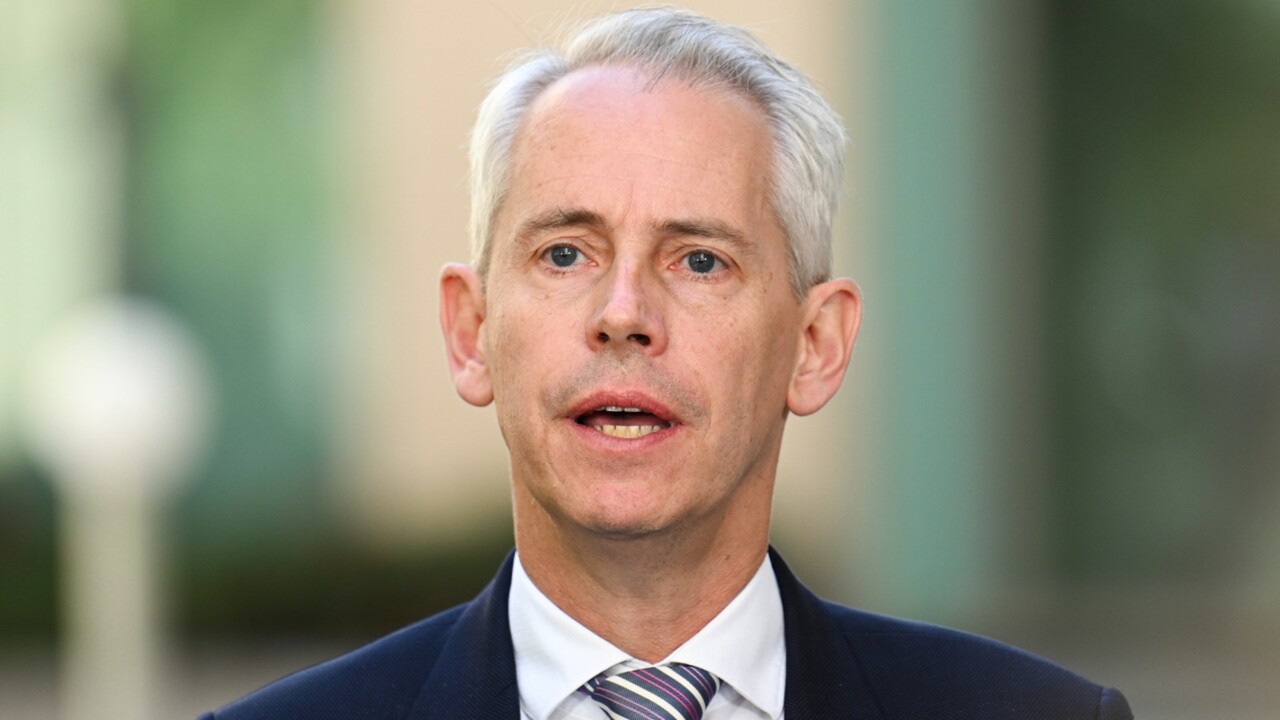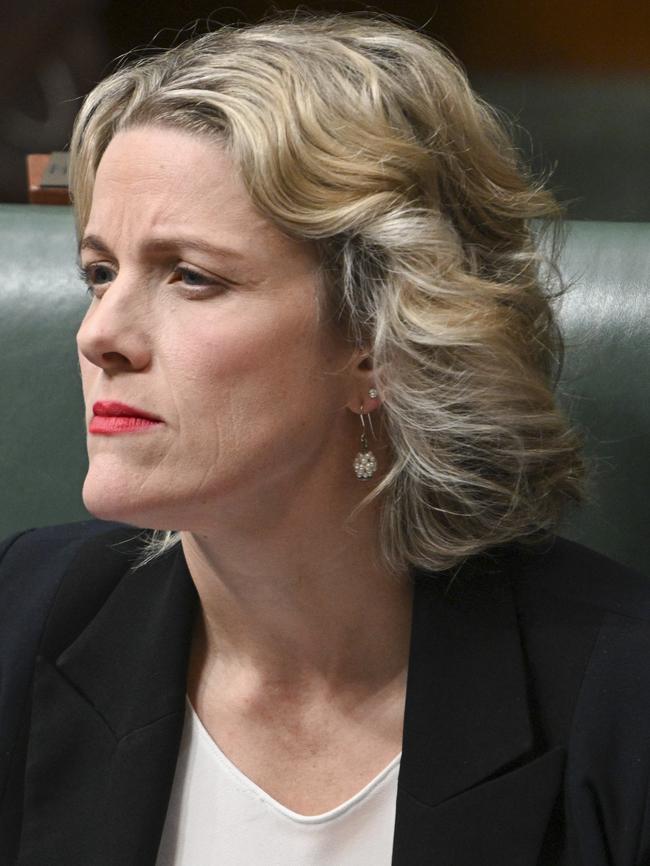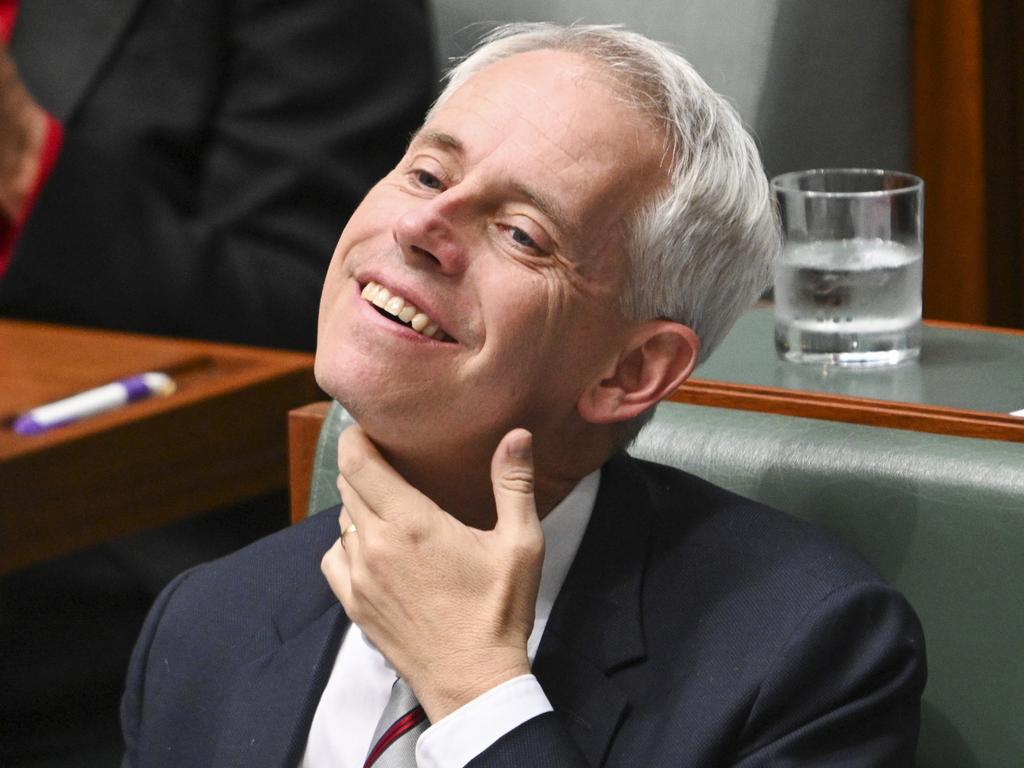
His protection visa had been revoked because of a string of convictions for violent, drug-related offences, including family violence. Yet RCWV, as he is known in the Administrative Appeals Tribunal’s records, is among scores of serious criminals who avoided deportation thanks to Direction 99 – an extraordinary edict issued by Immigration Minister Andrew Giles in January last year.
Direction 99 allowed RCWV to appeal on the grounds that he became part of the Australian community in the 15 years he has spent here. Never mind that eight of those years were spent on a violent drug- and alcohol-fuelled crime binge or that a year and 12 days were spent in prison. The Tribunal took Giles’s edict at its word and decided RCWV should stay.

His long record of knife crime, car theft and serious driving offences could have proved fatal. In 2014, he caused an accident that resulted in the victim having life-threatening injuries and being admitted to intensive care. He was also found guilty of breaching apprehending violence orders, stalking and a violent attack on his partner, an Aboriginal woman identified as A.
Yet under Direction 99, RCWV convinced the Tribunal his 10-year relationship with that same partner and the three children he has fathered in this country were grounds on which he could stay.“ I self-identify as an Aboriginal person and consider Australia to be my country,” he wrote in a submission to the Tribunal. “I have been accepted by the Indigenous people of this country through its customs and tradition in a smoking ceremony.
“I also learnt a lot about Aboriginal culture, was taught how to paint Aboriginal art and have also played digeridoo (sic) in the past.”
The applicant, who was born in Khartoum and spent the first 20 years of his life in Africa, accepted he could not claim biological descent. However, the Tribunal found that an Indigenous partner, Indigenous children, and the honour of being recognised at a smoking ceremony were “indicative of his having solid ties to Australia”.
As Paul Garvey revealed in his story in The Weekend Australian, Direction 99 was a decisive or contributing factor in almost all of the Tribunal’s decisions to revoke the cancellation of criminals’ visas in recent months. Of the 40 decisions Garvey reviewed, 28 applicants managed to get their cancelled visas returned. Of those, 27 cited the “strength, nature and duration of ties to Australia” as a factor in that outcome.
RCWV is not the least desirable of the undesirable characters to have been granted a reprieve under Direction 99, judging by the cases in Garvey’s report.
XRGY married an Australian citizen in Pakistan in 2007 in an arranged marriage, a cynical form of deception most Australians would see as grounds for deportation by itself. He went on to take up a career as a people-smuggler. ASIO has assessed that he would continue to engage in people-smuggling if he were allowed to continue to reside here.

Nevertheless, AAT deputy president Stephen Boyle found the strength and nature of the man’s ties to Australia weighed against the refusal of a visa.
YVBM is an Iranian-born man who arrived in Australia as a 23-year-old. He was convicted for slapping and pulling his wife’s hair when she was five months pregnant, kicking her when she was 36 weeks pregnant, hitting her in the face with his phone and telling her “he will hurt her so badly that she will not be able to walk again”.
The Tribunal found the strength of the man’s ties to Australia weighed heavily in favour of revoking the cancellation of his visa, citing his status as a “diligent and committed employee”.
Mauritius-born Rakesh Razwantee sent explicit images of himself to a child he knew through a family friendship. He groomed her to consider engaging sexually with an older person and attempted to meet her sex.
A New Zealand-born woman referred to as WCHR also had her visa reinstated despite being sentenced to three years in prison for kidnapping. During the incident, she threatened the victime with a tomahawk and a gun. She had previously been convicted of assault in 2018 involving a baseball bat and an attempted home invasion involving an axe. Yet the Tribunal found that the woman’s ties to Australia, where she had lived since the age of four, carried substantial weight in favour of reinstating her visa.
The Albanese government came to power promising to clear the backlog of appeals against immigration decisions that clog the Tribunal and giving deportees the right to remain in the country while their appeals are being heard. The delay can last many years. Yet Direction 99 has given new life to hopeless cases lodged by hardened criminals who would otherwise have reached the end of the line.

For example, take the case of HKRC, who claims strong ties to Australia, having lived here for 23 years. No matter that nine of those years were spent sexually abusing his stepdaughter, followed by 9½ years in jail and immigration detention. A total of 2½ years were spent on a good behaviour bond for offences including assaulting a police officer and resisting arrest.
These indiscretions apart, HKRC claimed to be a decent and honourable non-citizen, a valued member of our multicultural community who deserves to be embraced as a new Australian, rather than thrown out on his backside, the unfair judgment he was appealing.
Mercifully, his persistent abuse of a child that began when she was eight proved too much for the AAT to stomach. His appeal was rejected because the risk of reoffending made him a danger to the community. Yet we are entitled to ask why on Earth his appeal was taken seriously in the first place.
Ministerial directions to the Administrative Appeals Tribunal are rare. They are usually made to close loopholes, not open new ones. Yet Direction 99 has become a ratbag’s charter, a lifeline for convicted drug dealers, thugs, child abusers and rapists who have exhausted other legal and bureaucratic avenues in their quest to avoid deportation.
Many of them had a path as permanent residents to show their commitment to Australia by becoming citizens, a considerably less demanding process than in countries such as Japan or France. To do so, they would have been required to pledge loyalty “to Australia and its people, whose democratic beliefs I share, whose rights and liberties I respect, and whose laws I will uphold and obey”.
Before Direction 99, that was the only way a foreign national could earn the right to call Australia home. After Direction 99, any undesirable citizen can bypass that process simply by being here long enough and spinning a convincing hardluck story to a hard-pressed, unelected bureaucrat.
Nick Cater is a senior fellow at the Menzies Research Centre.
More Coverage
 Direction 99 allowed RCWV to appeal on the grounds that he became part of the Australian community in the 15 years he has spent here
Direction 99 allowed RCWV to appeal on the grounds that he became part of the Australian community in the 15 years he has spent here






Earlier this month, a Sudanese migrant who self-identifies as Aboriginal received the good news that he would be allowed to stay with his newly adopted tribe.